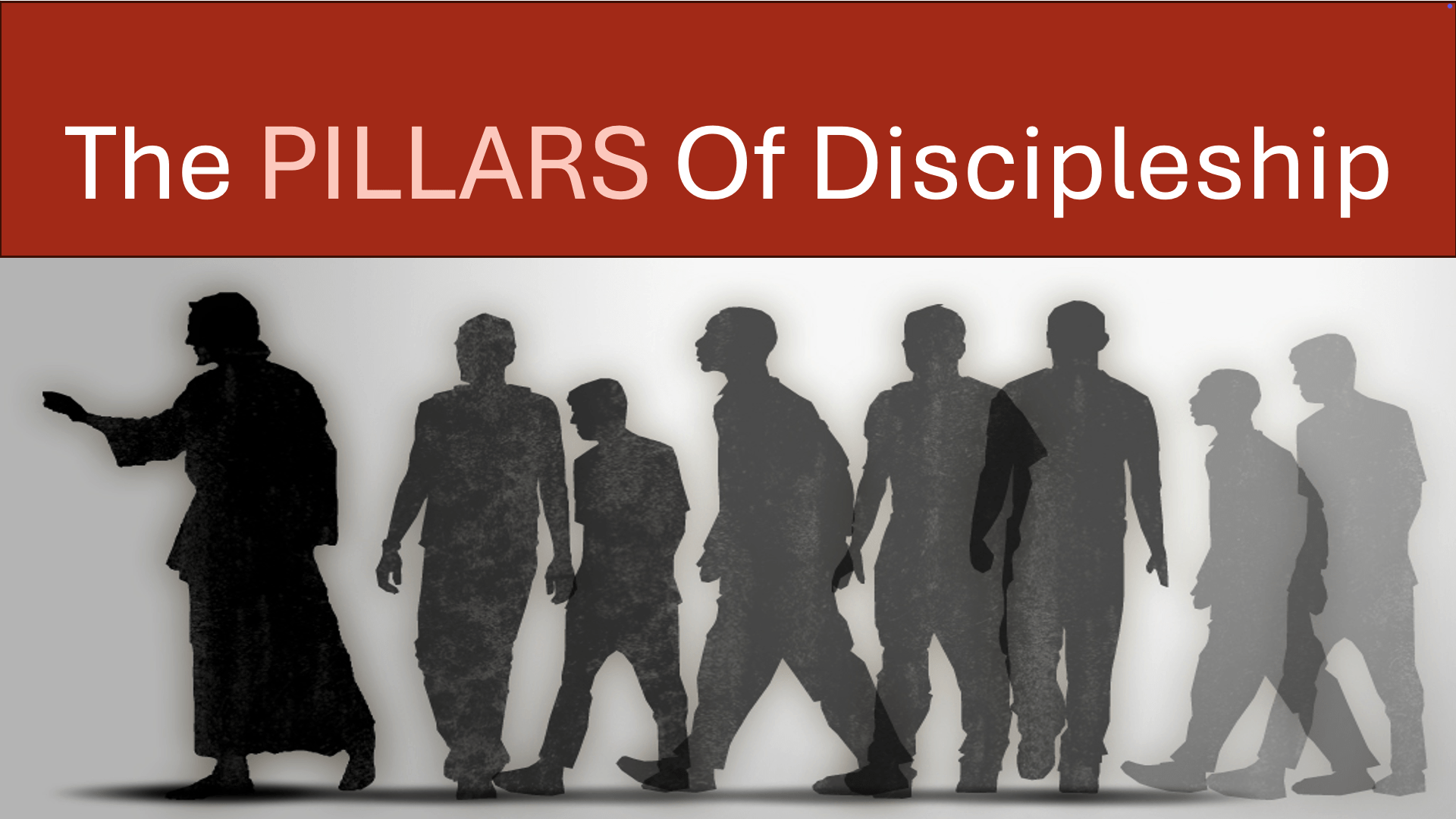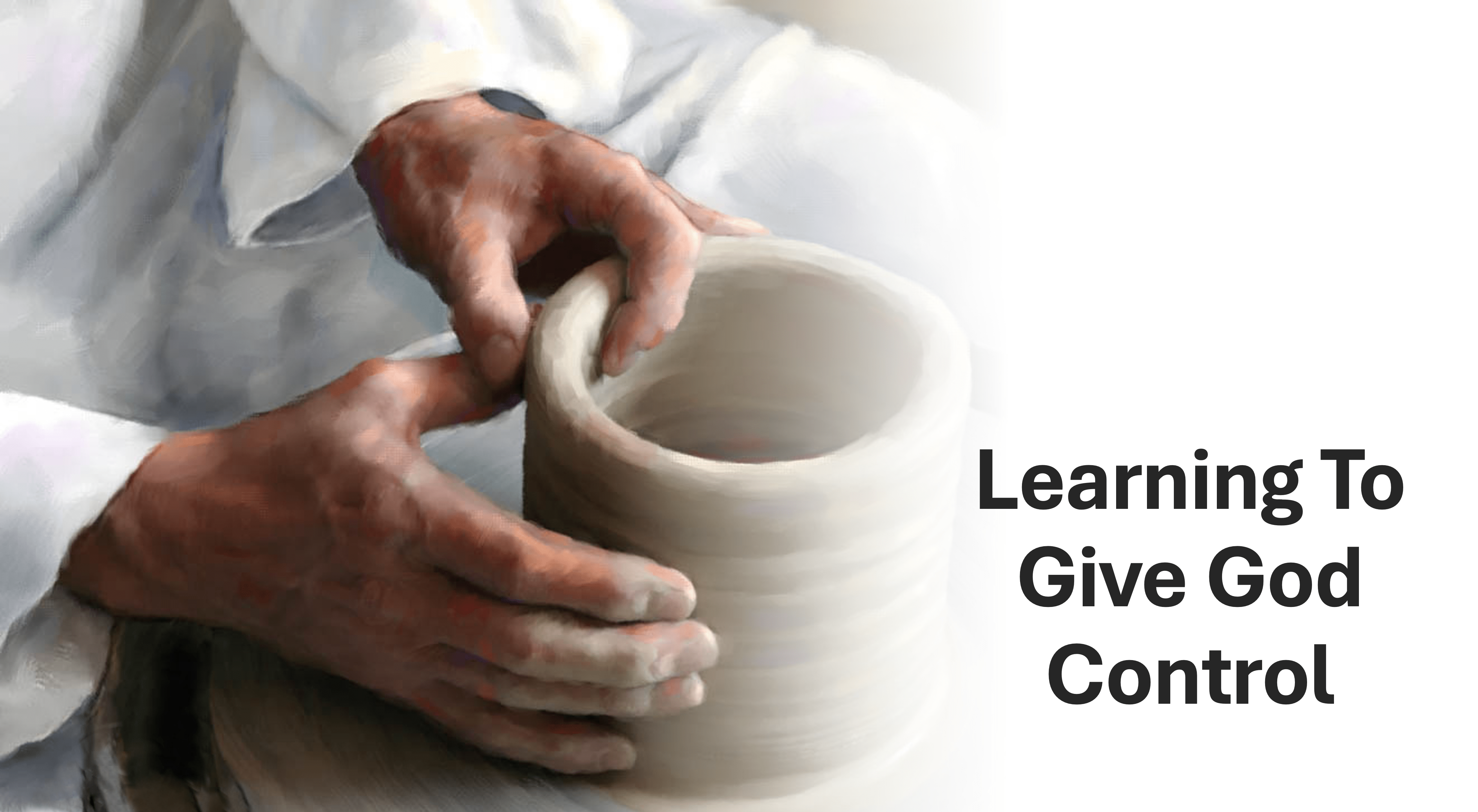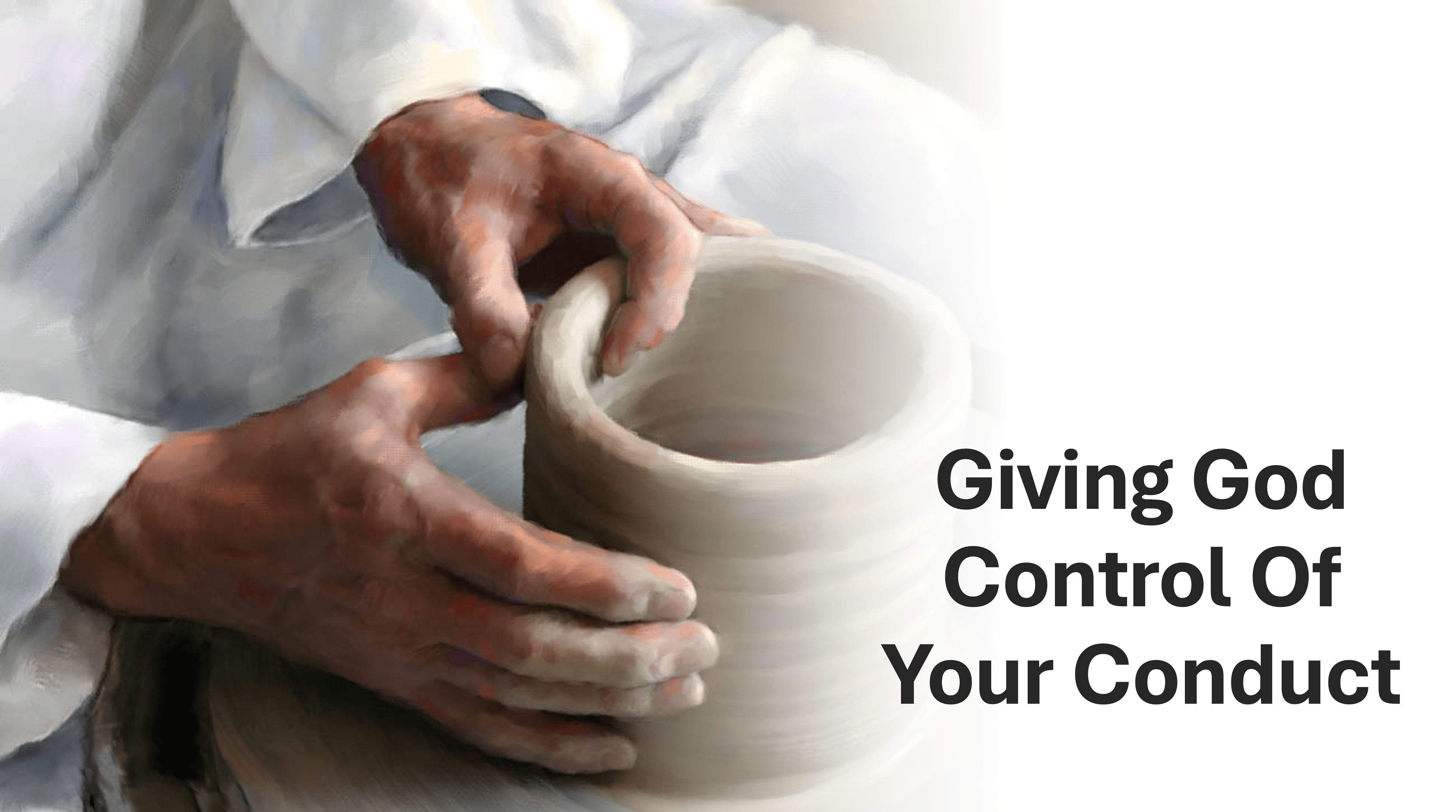Downloadable Files:
Text:
The Radical Kingdom
Lesson 12: Entering The Kingdom (Matthew 7:13-23)
Throughout this sermon, Jesus has taught the radical nature of the kingdom of God and righteousness in it. In the previous section, Jesus demonstrated that the kingdom of God is available to anyone who asks, seeks, and knocks. Now, Jesus urges those listening to Him to enter the kingdom and teaches how to do this (Matthew 7:13-23).
Two Roads (7:13-14)
Jesus’s teachings about His kingdom and righteousness in this sermon were not intended as simply more information. Instead, it is a sermon that results in an invitation – and a choice! Throughout Bible history, God has made it clear that a choice must be made in response to His invitations (Deuteronomy 11:26-32; Joshua 24:14-15; 1 Kings 9:1-9; Jeremiah 21:8). Today, anyone can be part of His kingdom, but few will accept His invitation (Luke 13:22-30; 14:15-24; Matthew 22:1-14). Therefore, Jesus encourages people to carefully choose the road that will lead them to eternal life!
One option is to walk a wide road. It is easy to access this road and it is extremely appealing to the majority. It is a road that allows people to live in whatever way they desire and determine to be the right way. No submission to King Jesus is required on this path. So, “truth” and “righteousness” can look however a person wants them to look. However, Jesus warns that this path leads to destruction (i.e. eternal destruction in Hellfire, Mark 9:42-49; 16:16; Romans 2:6-11; Galatians 6:7-8; 2 Thessalonians 1:6-10; Revelation 21:8).
The second option is to walk through a narrow gate on a difficult road. This is the option Jesus urges people to take, but few will take. It is a road that requires careful attention and diligence to walk on it. Submission to King Jesus is required. So, “truth” and “righteousness” are determined solely based on what the King says. However, Jesus warns that this is the only path that will lead to life (i.e. eternal life in Heaven, Mark 16:16; John 14:1-6; Romans 2:6-11; 2 Thessalonians 1:6-10; 1 Peter 1:3-9; Revelation 21-22).
The Danger Of False Prophets (7:15-20)
Jesus demonstrates that walking on the narrow road is made increasingly more difficult because of those who are deceiving and misleading. He identifies these as false prophets (those who profess to speak words from God but are actually speaking lies; Deuteronomy 13:1-5; 18:20-22; Jeremiah 23:16; Ezekiel 13:1-2). False prophets and teachers continue to be a real threat to entering the kingdom of God today (Romans 16:17-18; Galatians 1:6-9; 1 Timothy 4:1-2; 2 Timothy 4:2-4; Titus 1:10-11; 2 Peter 2:1-22; 3:14-18; 1 John 2:18-23; 2 John 1:7-11; Jude 1:3-18). In fact, they are even more dangerous because of how they may initially appear and claim to be part of Jesus’s flock but are inwardly ravenous wolves being used by the devil to devour those who are trying to enter the kingdom of God (Matthew 23:13-15; Acts 20:28-31; 2 Corinthians 11:13-15; Revelation 2:20-23). The protection against these is two-fold. First, you must be on your guard against them (beware of them) to know that they really do exist, that they infiltrate God’s flock (church), and that they are destructive! Second, you can know them by a careful examination of their fruit. Although you cannot judge hearts and motives, you can and should judge the fruit of a person’s life (e.g. teachings and personal conduct). Just as observing the fruit produced by a tree reveals the nature of the tree, comparing the fruit of a person’s life with the teachings of King Jesus in the Scriptures will identify whether someone is truly part of God’s flock or whether that one is an imposter! Those who produce good fruit will be saved, but those who produce bad fruit will be destroyed (Matthew 13:24-30, 36-43).
The Danger Of Self-Deception (7:21-23)
The problem of deception does not end with false teachers. Instead, Jesus addresses the problem of being self-deceived to think you are on the narrow road but are (in reality) on the broad road. In particular, Jesus makes it plain that being on the narrow road requires more than a zealous profession of faith in His name (though such profession is required, Matthew 10:32-33; Romans 10:9-10). Note that the repetition of “Lord” indicates emphasis. Then, it also requires more than practicing some religious activities in His name (even if they are genuine; e.g. performing miracles, casting out demons). For, Jesus teaches that those who do such without truly submitting themselves in obedience to God will miss out on the kingdom of God (Acts 2:36-47; Romans 10:1-3; James 1:21-27; 2:14-26)! Each person must determine whether to trust God so completely as to obey what He says or not. Although no person can earn salvation (Ephesians 2:8-9), faith-filled obedience is required for salvation (James 2:24; 2 Thessalonians 1:8-9; Romans 1:5; 6:17; 16:25-27; Hebrews 5:9)! Many who believed they were walking on the narrow road that leads to eternal life will be surprised on the Judgment Day, when Jesus tells these zealous believers who had not obeyed the will of God to depart from Him because of their lawlessness (sin, rebellion against God)!
Conclusion
Every person has a choice to make about entering the kingdom of God. Many will look at the two paths and choose to walk on the one that looks easier. Others will not be careful and allow themselves to be deceived by a false teacher. Others will profess faith in Jesus and even do some good things in His name, but not realize they are disobeying God. Yet, having these warnings, you can be equipped to walk on the road that leads to life and enter the kingdom of God!



